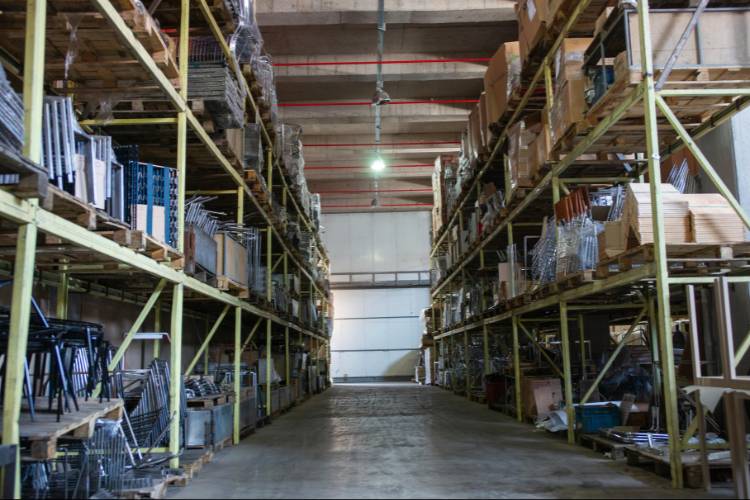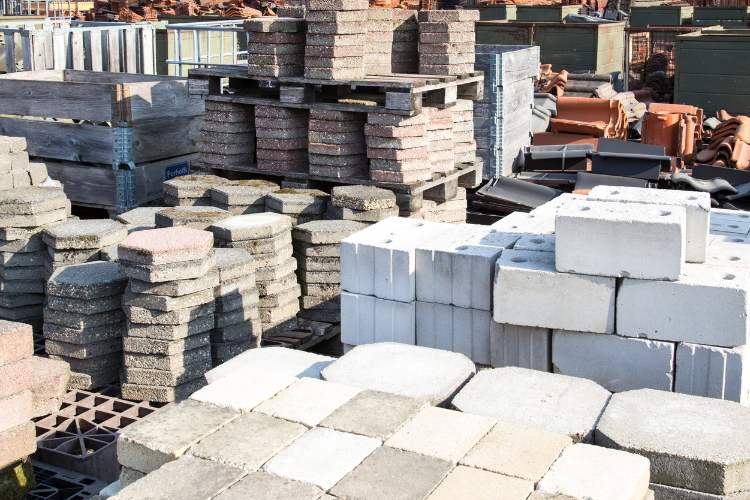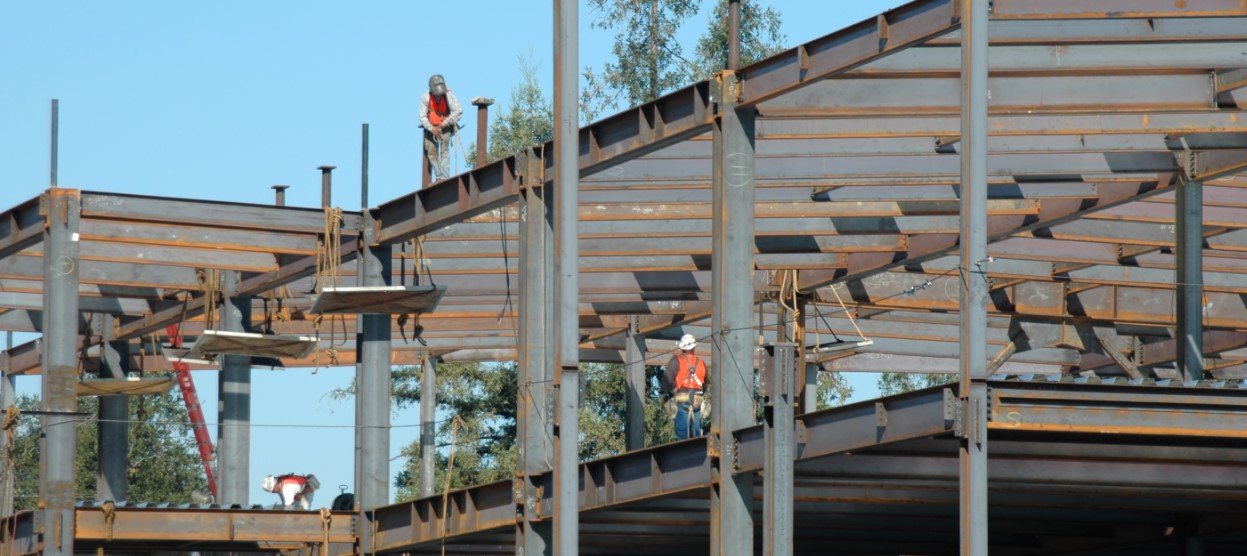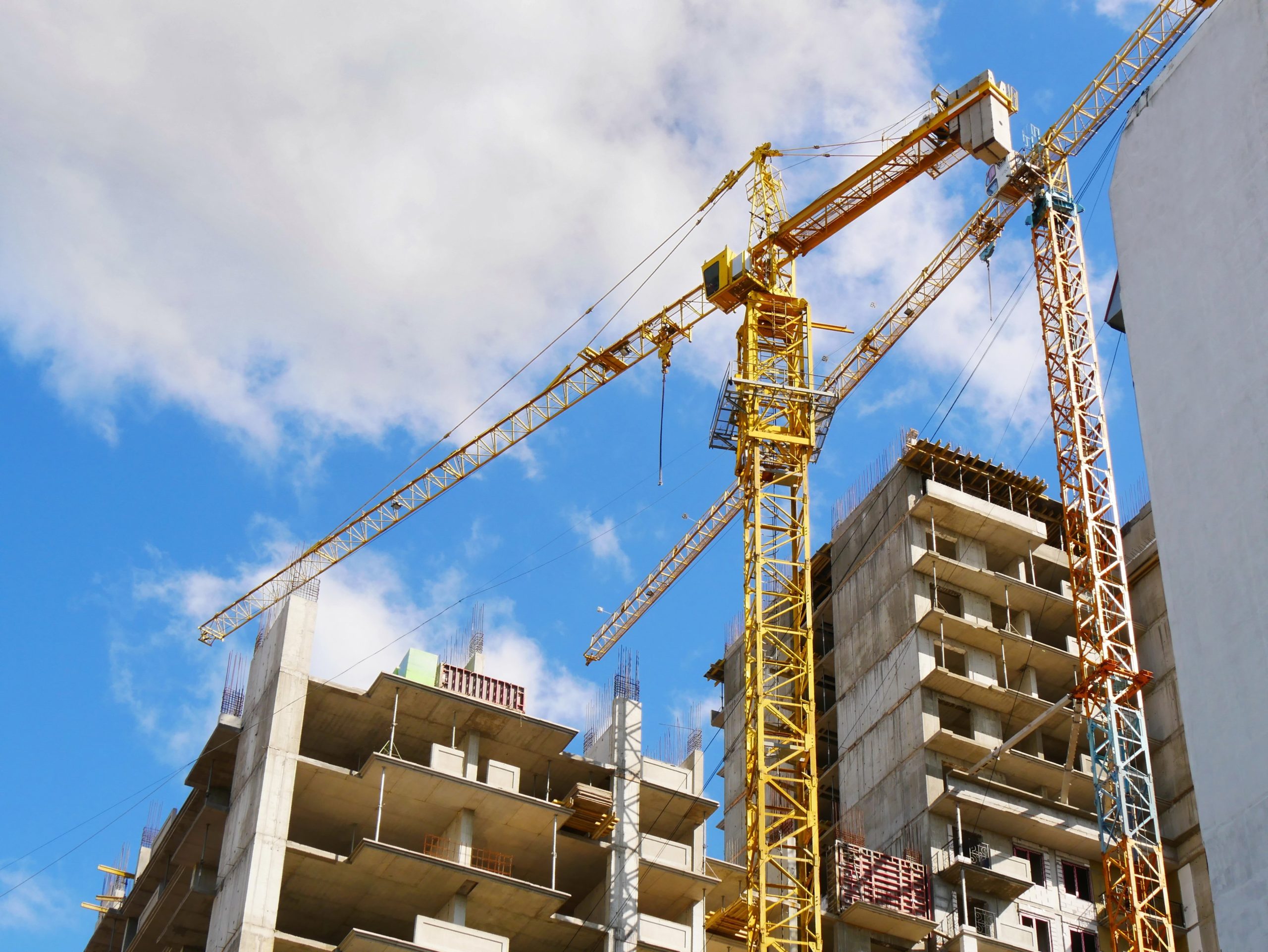Construction material prices were projected to rise modestly in 2020 according to reports early in the year, but COVID-19 has added a new level of uncertainty to these predictions. But, as history has proven, you can consistently count on the price of construction materials to climb regardless of a global pandemic or looming recession.
In fact, during the Great Recession in 2008, the Federal Reserve’s Producer Price Index (PPI) for Materials and Components for Construction spiked by more than 10% from January to September of 2008, before it briefly dipped and continued to rise again year after year since then. The effects on the construction market and the price of materials are still being assessed due to COVID-19’s impact.
Here’s a look at why prices will likely rise again and how you can navigate the current uncertainty.
Uncertainty & Shifts in the Supply Curve
China accounts for nearly 30% of the construction material in the US with some native construction firms relying on China for up to 80% of their materials. With the coronavirus outbreak starting in Wuhan, China, the nation went into lockdown resulting in slowed manufacturing activities and facilities being shut down. Even with the re-opening of China’s economy, supply chains have been disrupted and it’s hard to tell how long it will take for material distribution to return back to normal.
This has caused a seismic shift in the supply curve. For those familiar with the supply and demand curve from economics 101, the supply curve will shift to the left, causing an increase in prices, even when demand stays stagnant.
Demand in the U.S. seems to be remaining stable, even with contractors initiating new safety practices such as limiting crew sizes and minimizing contact among workers. If one case arises on the jobsite, it could cause a big delay on the project. The status of projects seem impossible to predict as well, due to changes in stay at home orders and state definitions of what type of construction is considered “essential.”
But with demand remaining stable, and with less product available for purchase, factors like this lead to the likelihood of an increase in prices.
Additionally, add in the uncertainty of China’s flow of construction materials and the uncertainty of construction teams in the U.S., it’s nearly impossible for suppliers to accurately forecast the future of their business. Uncertainty leads to a more conservative approach to cash, which will lead to credit tightening and increases in prices (to offset the additional risk) for those who still demand terms.
What Contractors Can Do
Communication is critical, especially with the current state of the industry. If a project is delayed, you’ll need to talk to suppliers about adjusting shipping or material needs and payment schedules. It’s also a prime time to discuss future projects. Look ahead for potential delays or material restrictions and start the conversations about “what if’s” early.
You’ll also need to evaluate the jobs you’re currently bidding on while also factoring in that suppliers might require a down payment now because of the current situation. Contact multiple suppliers to get a feel for the general inflation cost for the construction materials you’ll need. If a supplier can guarantee a price for a certain amount of time, make sure you get it in writing to lock in that price.
You’ll also need to understand how the flow of construction materials is affecting the supplier: Are they having trouble getting materials delivered on time? If so, is that consistent among other suppliers of the same material?
Getting accurate projections will require contractors to do their due diligence by comparing how the economy is affecting all suppliers. If you’ve always relied on one or two suppliers, now is the time to diversify and explore other options. Get referrals, research online, and learn about the capabilities of different suppliers.
Remember, when buying materials, paying cash will usually get you the best price, even in a recession. It reduces payment uncertainty for the supplier, so be direct and ask about cash discounts and utilize that as a price negotiation tool.
Adjust Your Future Plans
While keeping tabs on the current price of materials, you should project them to be higher in the future so you can appropriately bake that into your existing plans. You don’t want to assume that prices will be the same, only to be blindsided later and go over budget.
Adjust your bids to reflect the new cost of materials. Bake the increase in price into your bid so you aren’t having to bear the whole brunt of an increase in materials.
Right now might also be a great time to review your contracts and make sure in the future you have made changes that protect you from unplanned delays that are out of your control.
Get Prepared with New Ways to Pay for Construction Materials
Because so much information is constantly changing, it’s important to stay informed, not panic, and continue to plan ahead. As you stay updated on news and developments or changes that come with a global pandemic, consider integrating some new tools to prepare for the tough times ahead.
For all of your material purchasing needs, Billd is here to help. Our payment solution is specifically built for contractor material purchases. Suppliers appreciate the speed at which they’re paid and contractors enjoy having up to 120 days to pay, which could be just the added cushion you need to push through the potential cash flow challenges ahead.





